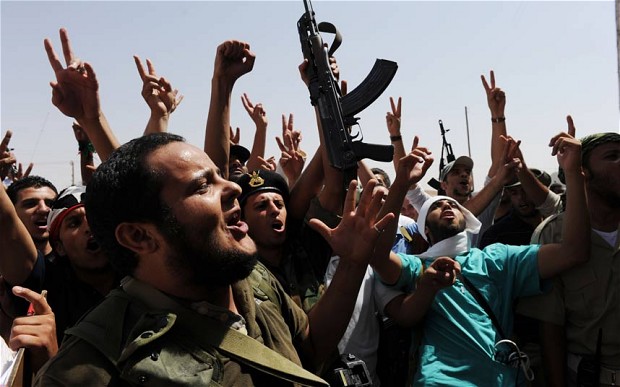by Tony Iozzo
Impunity Watch Reporter, Europe
BILBAO, Spain – Thousands of demonstrators took to the streets in northern Spain on Saturday to protest the imprisonment of members of a separatist group known as “ETA.”

Tens of thousands of protesters formed a demonstration in the city of Bilbao, in Spain’s Basque region, after a judge had banned an initial demonstration to demand concessions for the ETA prisoners, such as being imprisoned in facilities closer to their families.
Spain’s Basque region has seen an ongoing standoff between authorities and secessionists in the area. ETA has been campaigning for an independent Basque homeland in northern Spain and southwestern France for over 40 years. The organization, which has been labeled a terrorist organization by the European Union and the United States, has been blamed for 829 murders.
The organization has been depleted in recent years due to the arrests and imprisonment of its leadership in both Spain and France. Roughly 520 members have been imprisoned, and only an estimated few dozen active fighters are on the run. The ETA pledge to end armed activity back in 2011, but Spain and France remain opposed to negotiating with the organization due to its past.
On Friday, a judge of the highest criminal court in Madrid issued a ruling against a planned demonstration to explicitly support the imprisoned ETA members, reasoning that the protest was organized by a banned terrorist group. Both Basque nationalist and separatist parties called for a new “rights march” for Saturday. They had originally called for a silent demonstration, but shouts and cries were audible when family members of the prisoners marched. Shouts such as “Basque prisoners home!” could be heard.
The conservative Basque National Party, which governs Spain’s northern region, and a left-wing pro-independence party combined forces for Saturday’s march. Between them they accounted for more than half of the votes in the last regional elections, as pro-independence Basques set their sights on a political solution.
“Parties and unions that represent the political majority of this land decided they had to call this demonstration to defend the right to freedom of expression,” Pernando Barrena, spokesman for the left-wing party, stated.
The spokesman for the Basque National Party, Josu Erkoreka, stated that the original ban on the first planned demonstration was “incomprehensible to the Basque people.”
On Saturday, an additional judge ruled that the new gathering called by the parties was not illegal.
For more information, please see:
Al Jazeera – Thousands March in Bilbao in Support of ETA – 12 January 2014
Fox News – Large March in North Spain Calls for ETA Prisoners to be Allowed to Serve Jail Terms Near Home – 12 January 2014
The Washington Post – March in North Spain Backs Return of ETA Prisoners – 12 January 2014
BBC News – Huge March in Spain After Ban on ETA Prisoner Rally – 11 January 2014

